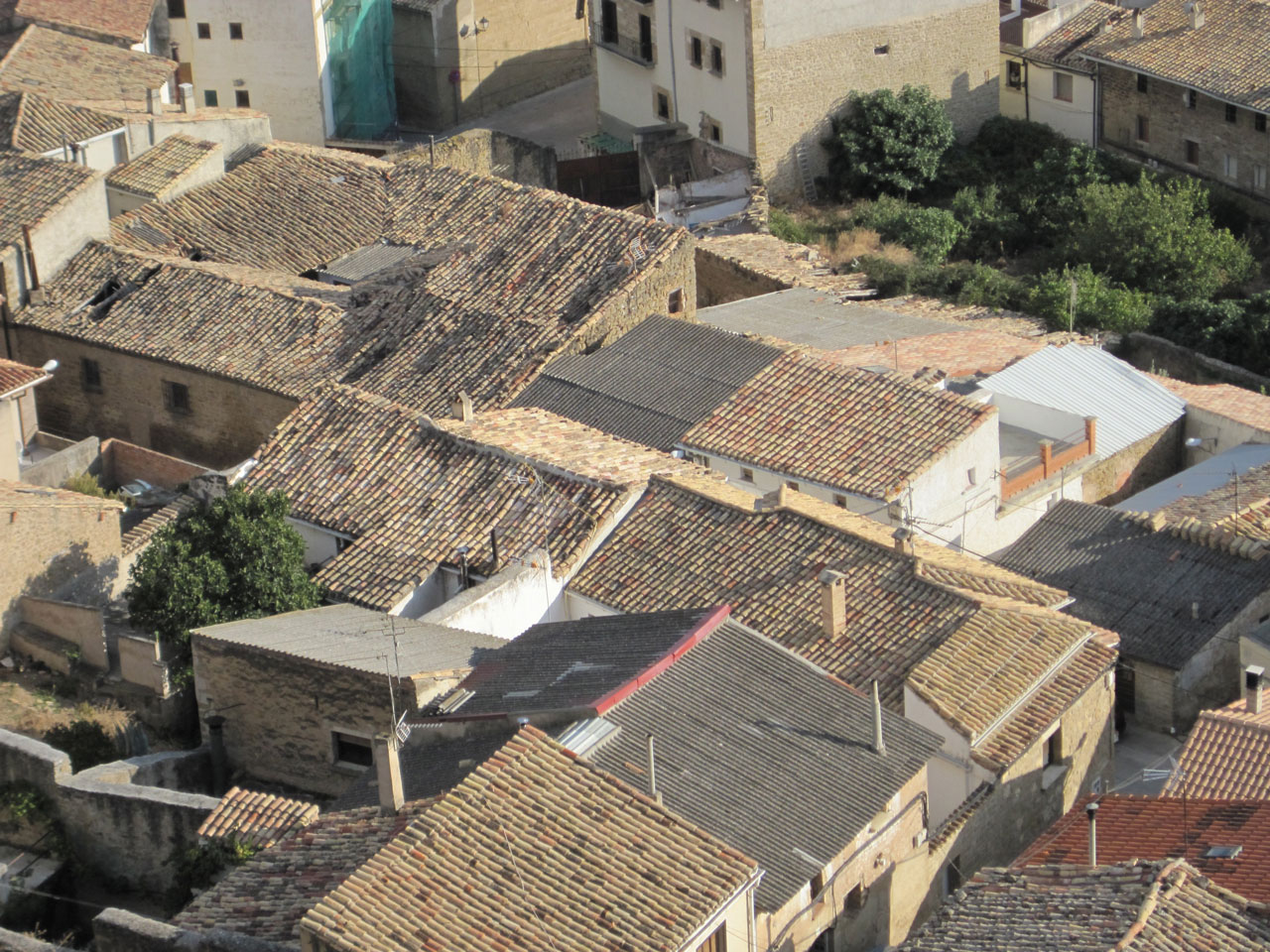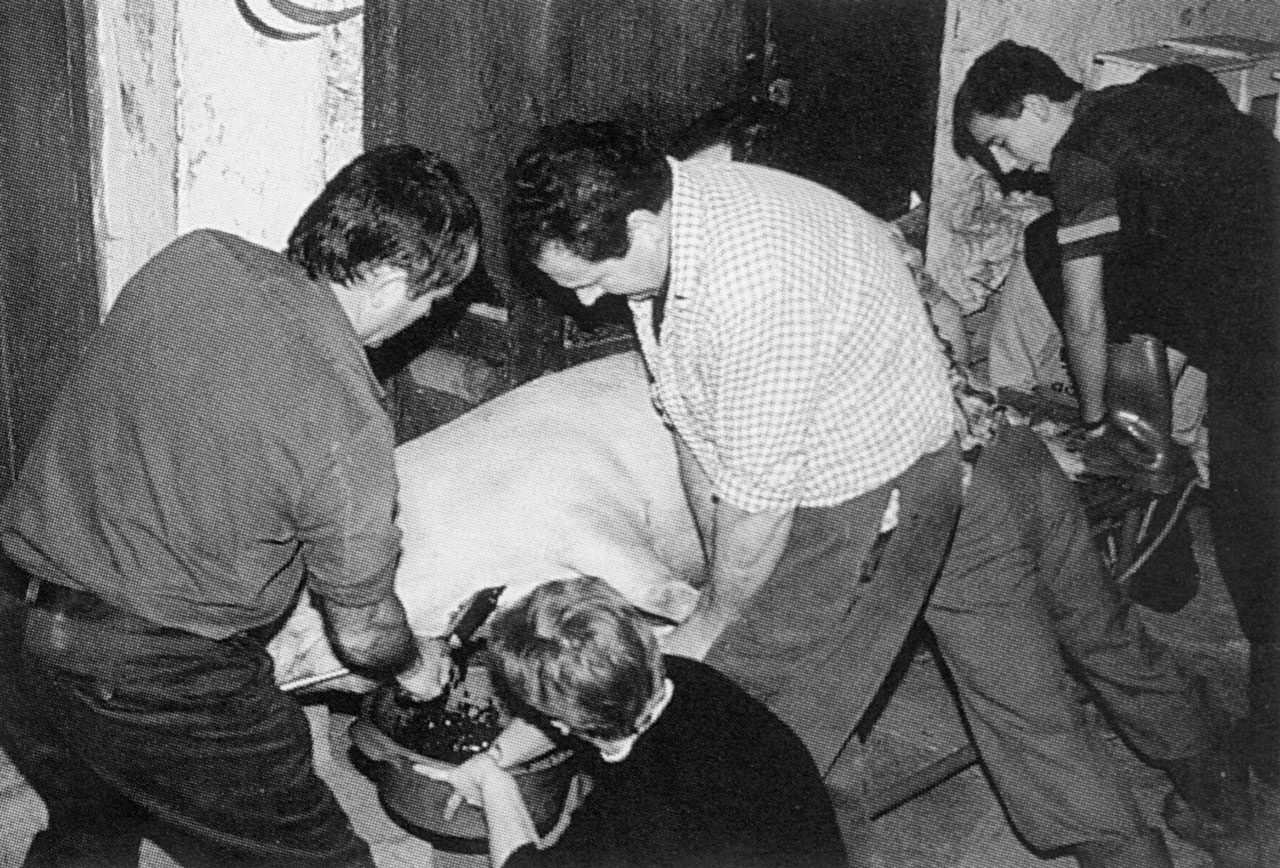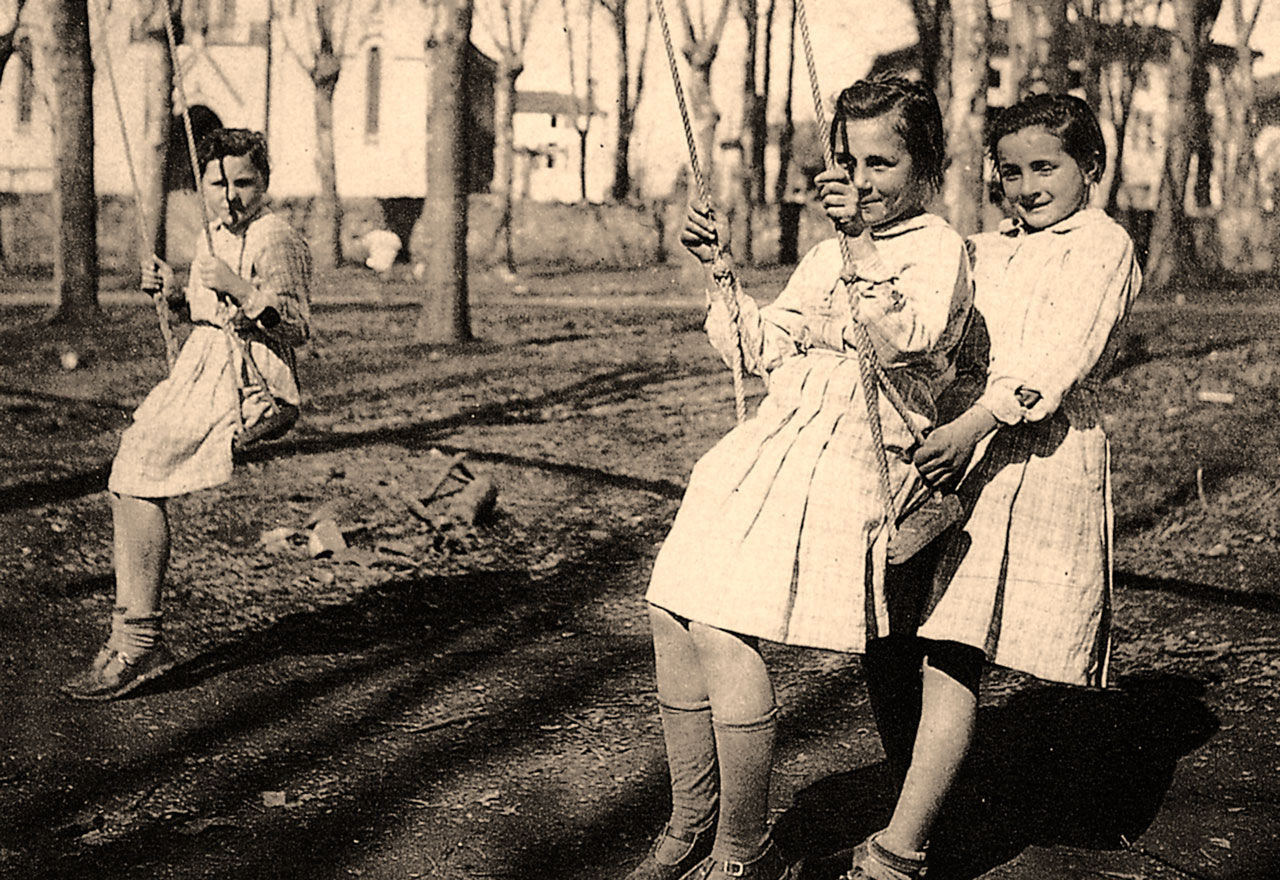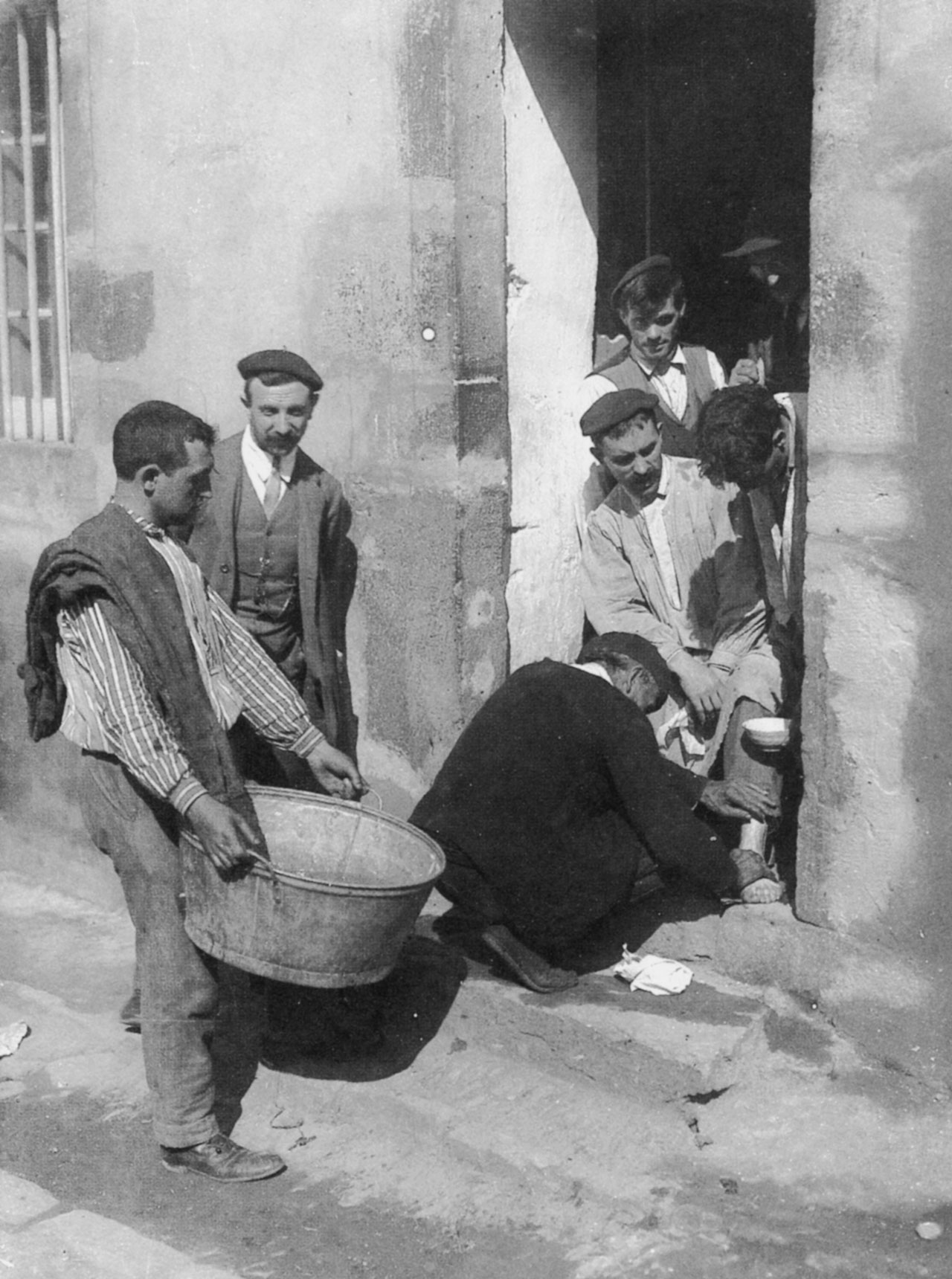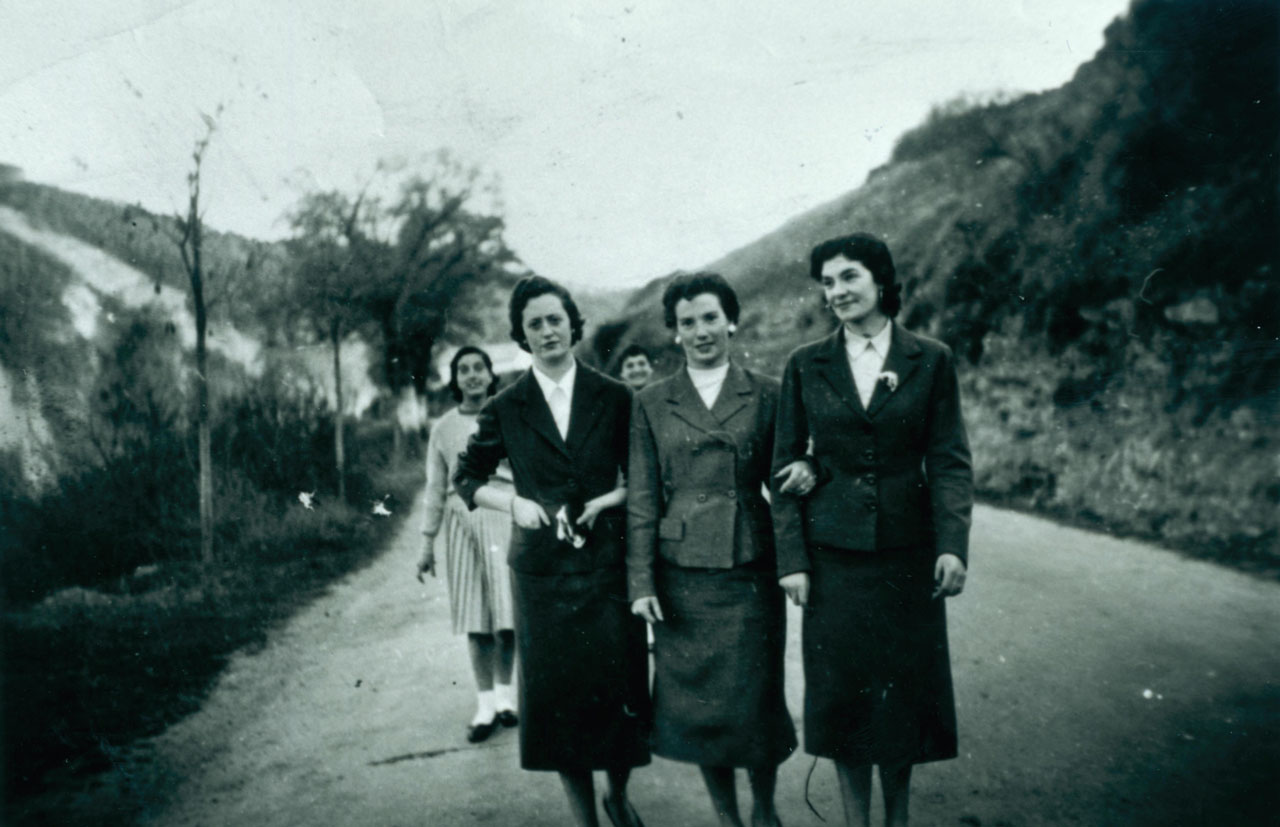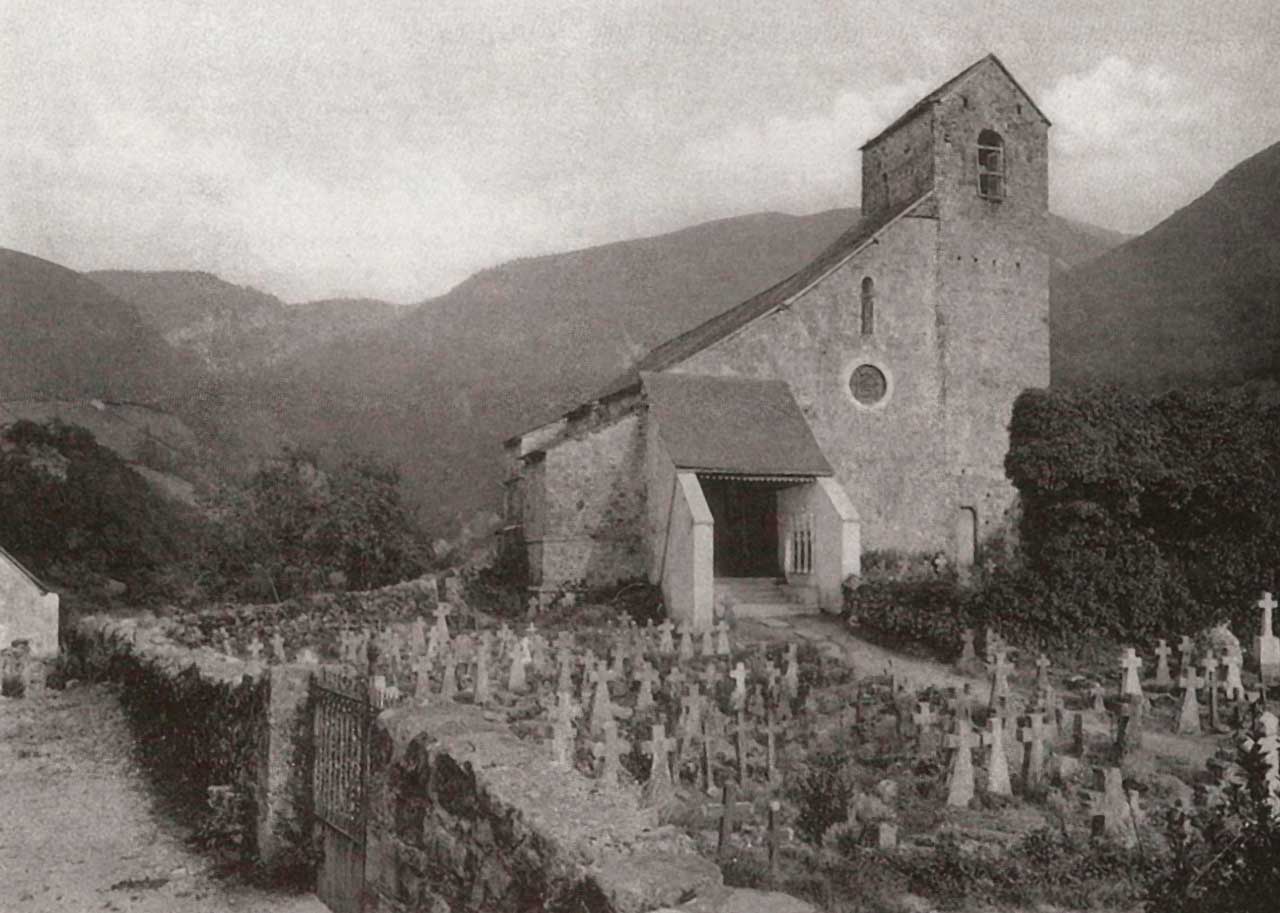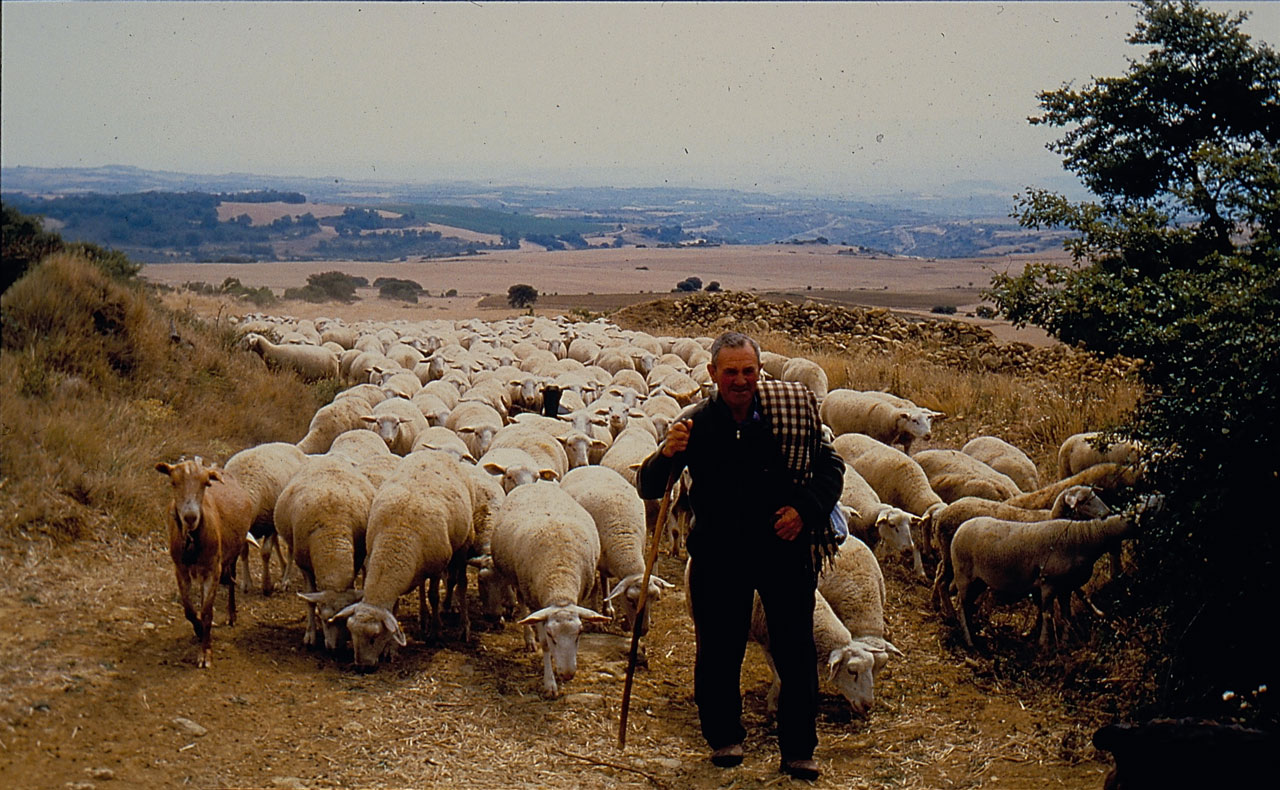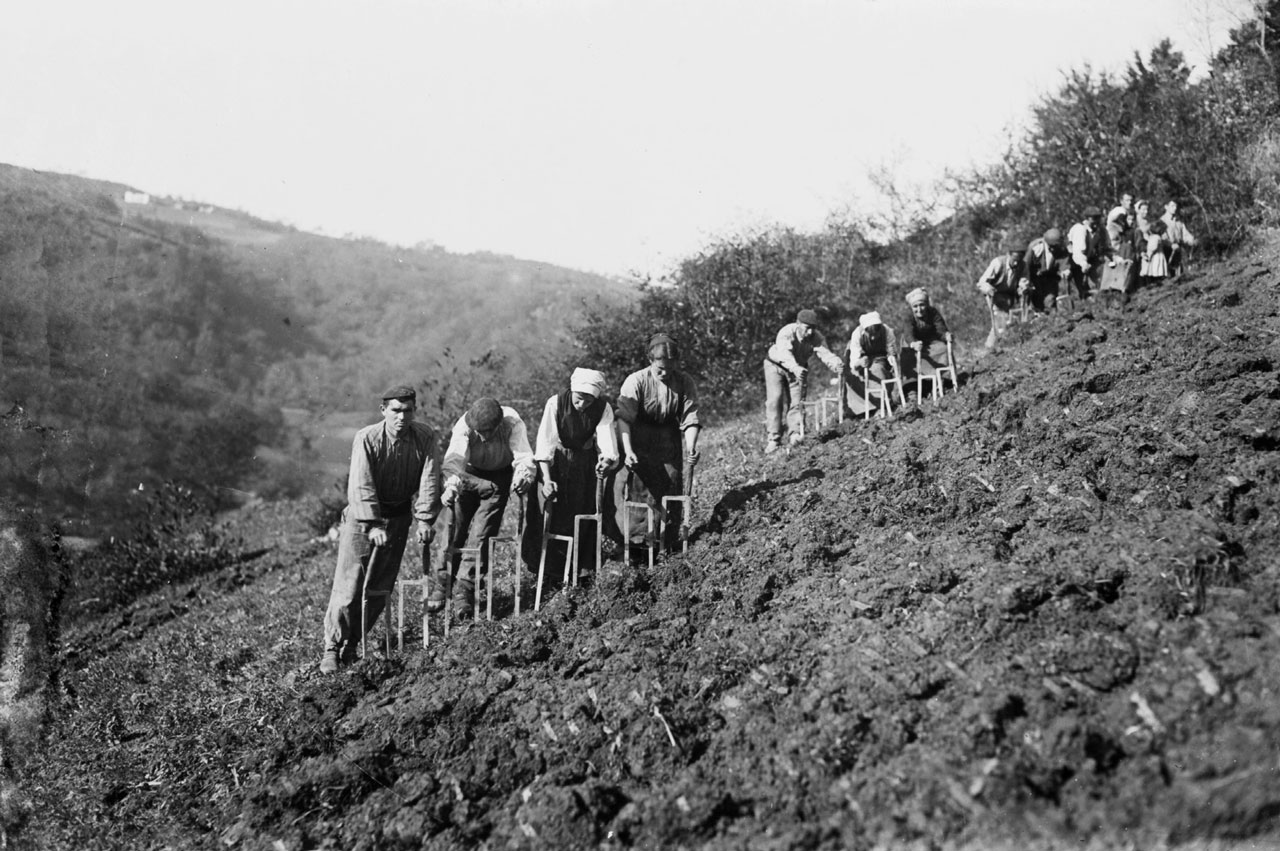Ethnographic Atlas of the Basque Country
De Atlas Etnográfico de Vasconia
Revisión del 08:41 11 mar 2020 de Admin (discusión | contribuciones)
Predominance of mono-pitched roofs. Artajona (N), 2010. Source: Segundo Oar-Arteta, Etniker Euskalerria Groups.
House and Family in the Basque Country


House and Family in the Basque Country
The roof was originally erected prior to the walls, foundations and other constructive elements of the house.
Family Diet in the Basque Country


Family Diet in the Basque Country
Odolosteak ordeaz. Neighbours and relatives are given black puddings and other pork cuts as a gift at pig slaughter time. It is an act of courtesy, an expression of the close bond shared with them, and part of an established exchange ritual.
Children’s Games in the Basque Country


Children’s Games in the Basque Country
Sirrin-sarran, domini pan, zure semea errotan, errota txiki, errota handi, eragin deutso, pin-pan.Children’s chant
Traditional Medicine in the Basque Country


Traditional Medicine in the Basque Country
Zantiratu, zan urrutu, zana bere lekuan sartu.Spell against sprains
Rites from Birth to Marriage in the Basque Country


Rites from Birth to Marriage in the Basque Country
Ezkonberri, etxe berri. A married person wants a house.
Funeral Rites in the Basque Country


Funeral Rites in the Basque Country
Cuando el cárabo canta, la muerte levanta. When the tawny owl hoots, death wakes up.
Shepherd from Lanciego (A) on the climb to Toloño, 1996. Source: José Ángel Chasco, Etniker Euskalerria Groups.
Livestock Farming and Shepherding in the Basque Country


Livestock Farming and Shepherding in the Basque Country
The Mediterranean watershed of the Basque Country was, and to a large extent is, characterized by the importance of the commons, the communal character of their exploitation by associations and brotherhoods comprising multiple municipalities still persisting today.
Agriculture in the Basque Country


Agriculture in the Basque Country
Spades, ploughs, rakes, sickles, scythes and threshers were the essential tools for agricultural work.
